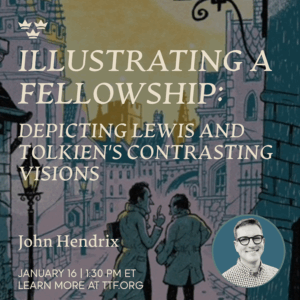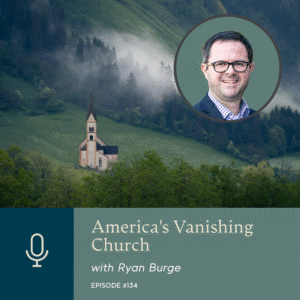C.S. Lewis: The Most Reluctant Convert with Max McLean
December 17, 2021
Overview
Speakers
-
 MAX MCLEAN
MAX MCLEAN -
 CHERIE HARDER
CHERIE HARDER
SHARE

